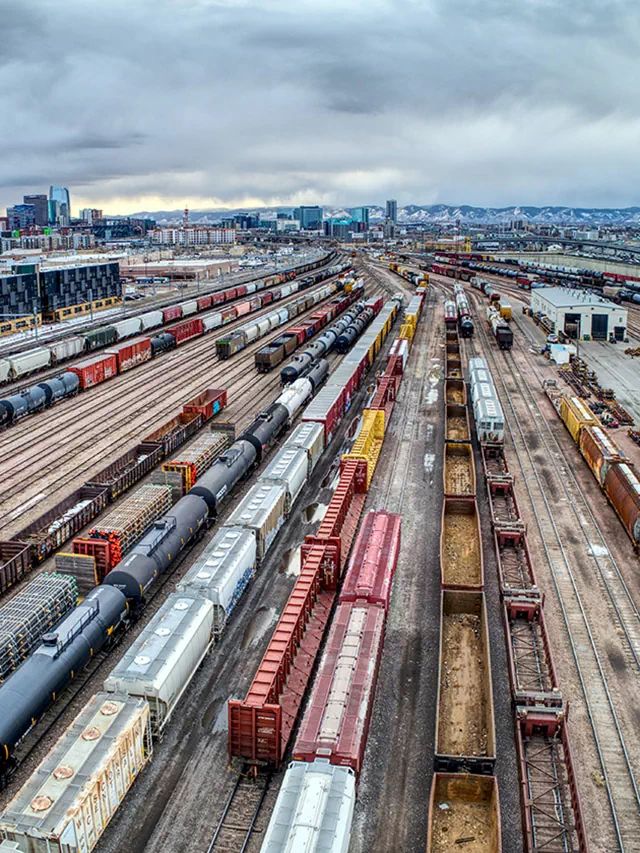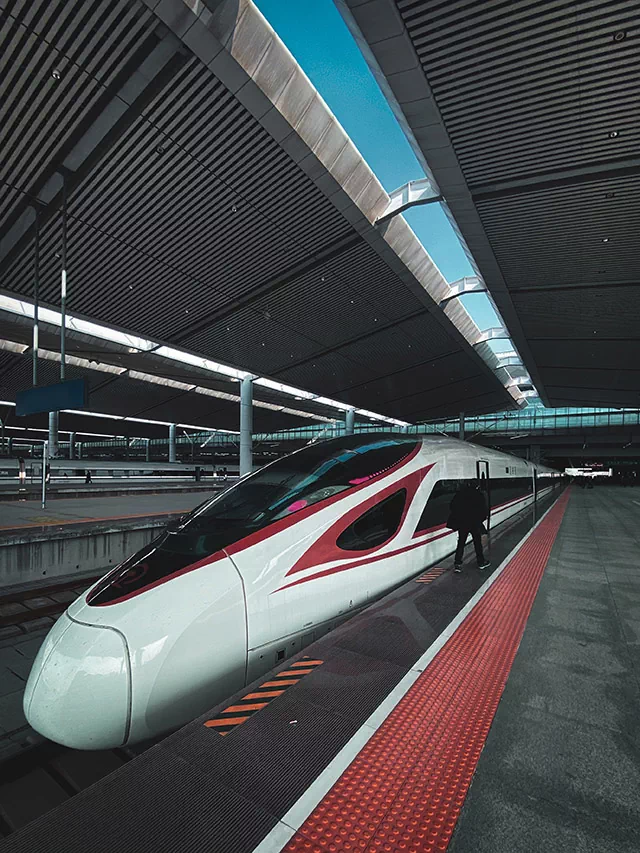It is one of the largest and busiest railway systems in the world, with over 11,000 trains operating daily. The railway system also employs a large number of people and contributes to the country’s GDP. Additionally, it helps to connect remote and rural areas to urban centers, promoting economic development and improving access to education, healthcare, and other services. Overall, the Indian Railway system is a vital part of the country’s infrastructure and plays a critical role in the country’s economic growth and development.
The Indian Railway system has a far-reaching impact on the country’s economy. In addition to providing a means of transportation for goods and people, it also plays a key role in the country’s industrial development. The railway system is responsible for the transportation of a wide range of goods, including raw materials, agricultural products, and manufactured goods. This helps to support the country’s various industries and promote economic growth.
The Indian Railway system also plays a significant role in the country’s tourism industry. Many tourists use the railway system to travel to different parts of the country, and the railway system also helps to connect tourist destinations with major cities. This helps to promote tourism and boost the country’s economy.
In addition, the Indian Railway system also contributes to the country’s employment. The railway system is one of the largest employers in the country, with over 1.3 million people on its payroll. This helps to support the country’s economy by providing jobs and income for a large number of people.
Overall, the Indian Railway system is a vital component of the country’s economy. It plays a key role in the transportation of goods and people, the promotion of industrial development, the support of the tourism industry, and the provision of employment opportunities. It is a vital component of the country’s infrastructure and plays a critical role in the country’s economic growth and development.
The Indian Railway system also has a positive impact on the country’s environment and energy consumption. It is considered as one of the most energy-efficient modes of transportation and helps to reduce the country’s dependence on fossil fuels. The Indian Railways has been taking several steps to reduce its carbon footprint by switching to renewable energy sources such as solar and wind power. It has also been focusing on electrification of its rail lines to reduce dependence on fossil fuels.
Moreover, the Indian Railway system has been playing a vital role in the country’s social and regional development. It helps to connect remote and rural areas to urban centers, promoting economic development and improving access to education, healthcare, and other services. This helps to bridge the gap between urban and rural areas and promote inclusive development.
Also, Indian Railways has been providing an affordable mode of transportation for the common people, particularly those belonging to the lower-income groups. The Indian Railways offer various schemes, discounts, and concessions to help make travel more accessible and affordable for people.
In addition, Indian Railway also contributes to the country’s infrastructure development by investing in the construction and modernisation of railway stations, tracks and other facilities. This helps to improve the quality of rail services and make it more comfortable for passengers.
In conclusion, the Indian Railway system is an essential and vital component of India’s economy. It plays a critical role in the country’s transportation, industrial development, employment, energy consumption, social and regional development and infrastructure development. It is a backbone of the country’s economy and plays a key role in the country’s overall development.



